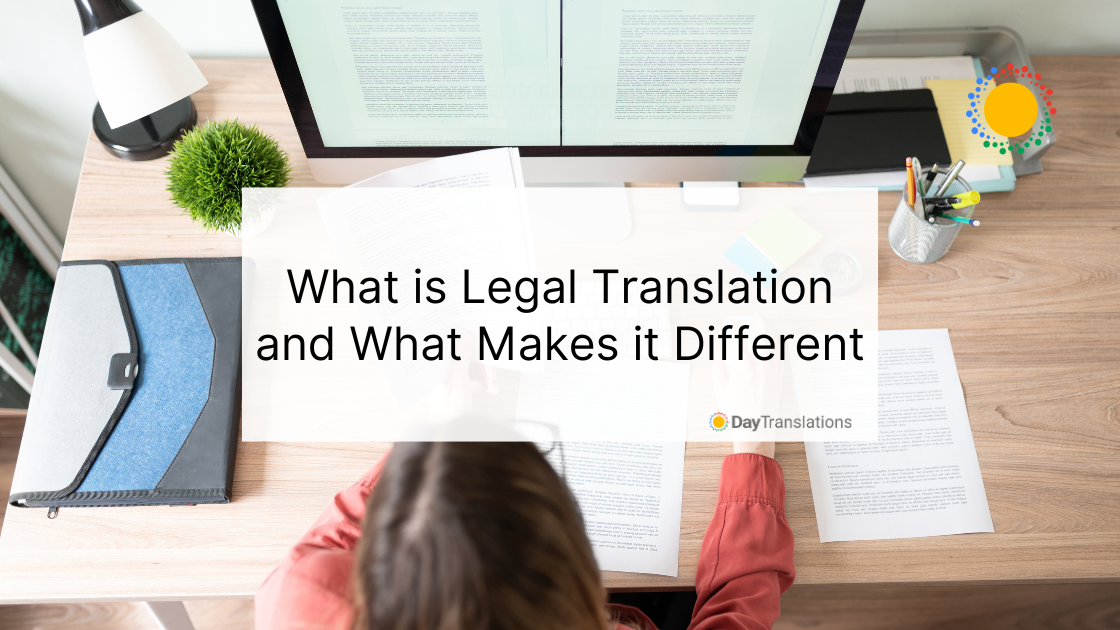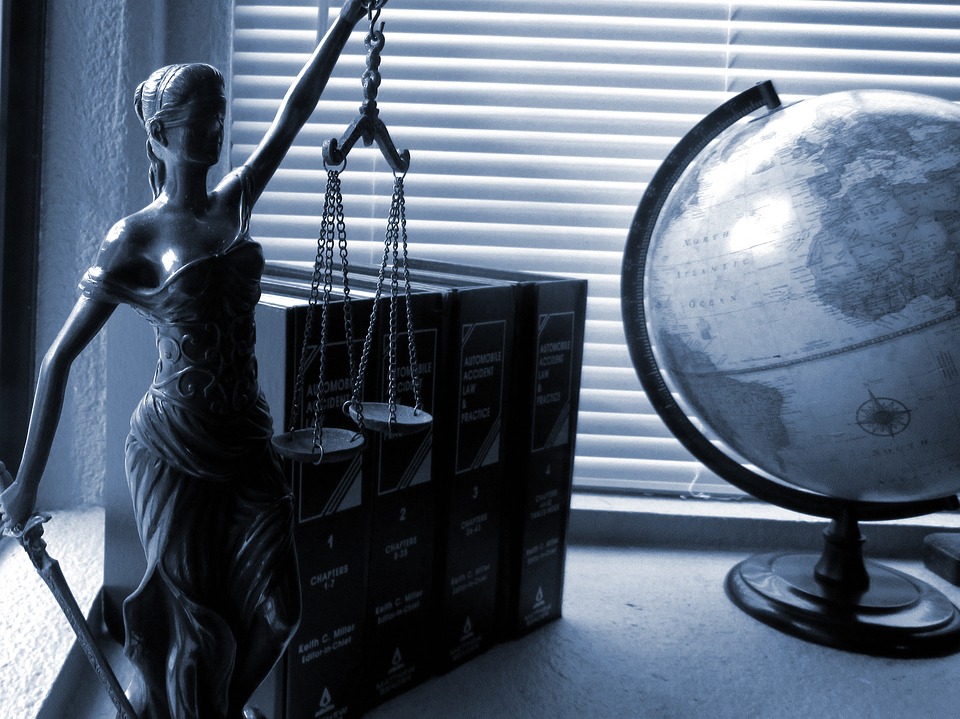Legal translation, like any other type of translation work, is the replacement of the source language with the target language. However, legal translation is different because law is culture-dependent. So, what is legal translation and why is it so unique?
It uses content and terms within the legal system prevailing in the country where the source document originated. As the world becomes more globalized, the need for legal translation escalates.
Aside from the language barriers, the differences in legal systems make legal translation very complex.
There are countries where there is a clear division between secular and religious law. But in other countries, they don’t clearly separate these two laws.
In Saudi Arabia, the country’s legal system is greatly organized around the laws of Islam. But the government also added some secular codes because of the country’s desire to be a major player in global business. Morocco on the other hand has a legal system that is a combination of French law and Islamic law.
Related Post: Top Things To Consider When Getting Legal Translations
What is Legal Translation?
Do you want to get around the legal translation process? It is more complex than standard or regular translation that needs straightforward (transposition) writing.
Legal translation is required to use the official language of the pertinent jurisdiction. So it covers a wide variety of texts. It can be identity documentation, financial documents, official reports, transcripts, filed patents, precedents and legal rulings and witness statements. We also use legal translation for immigration documents, litigation papers, articles of incorporation, wills and trusts.
Professional document translation services for legal documents must only be done by specialists/subject matter experts (SMEs) with deep knowledge of the laws of the source and target countries/languages to avoid mistranslations.
Regulations for Legal Translators
Each country has its own set of regulations for legal translators. In many countries, legal translators must have a degree in business and legal translation. In Argentina and Brazil, legal translators must be certified by the state. Countries like The Netherlands, Sweden and Spain require translators to swear legal oaths. Moreover, they are regularly examined for good practice and proficiency. They are also centrally regulated. In Italy however, all legal translations must be certified/notarized by a professional legal practitioner.
The situation is different in the United Kingdom and the United States. These two countries are not very strict about accreditation of legal translators. Many language services providers (LSPs) provide certificates of accuracy if requested by the client. Some join trade associations and independent bodies that offer membership and qualifications, to signify accreditation. It also serves as a quality benchmark.
Related Post: Legal Translator Tips for International Law in Latin America
What Makes Legal Translation Different?
Still in the dark as to what legal translation is? As mentioned, it is one of document translation’s most complex forms. Mistakes, ambiguity or misinterpretation, no matter how small, have no place in legal translation because the translated document can become void. Further, there are huge legal and financial complications that can result due to even a simple error.
Adding to the complexity of legal translation is its unique terminology, coupled with cultural factors and difference in language. In legal translation, it is not just about replacing a word with another. The translator must transpose the legal concepts into another language. Because of difference in legal expressions and traditions, the translator must be very specific about what language to use within the target jurisdiction.
There is a specific type of language in legal text. And if a judge or a lawyer spots incorrectly used terms, the entire translation may be useless. Moreover, the translator must fit the purpose of the legal translation. There is a difference between legally binding legalese and legal translation for public consumption.
Anyone familiar will legal text understands that legalese is wordy. Legal English contains different subjects and the sentence structures are usually compound and complex. The tone for legal English is very formal. We also do not compose legal documents in the passive voice. It can be challenging for a translator to translate a passive voice to an active voice, as some foreign languages are.
Related Post: The Difficulties of Legal Translations Explained
Human Translators Required
Legal translation requires a very high degree of accuracy. Machine translation isn’t accurate enough. It’s because we use legal documents as official papers for any legal documentation, e.g., for scholarly writings, contracts, birth certificates, affidavits and court evidence.
Lack of translation, or a misstranslation, can change the result of a case or hearing. Know more in our free guide to language services in the legal industry.
Translation automation is not advised because of the complexity of the two legal systems involved. Direct translations are not possible because these may not make sense to the target reader. The legal translator must ensure that the titles, reasoning and technical terms are valid legally.
The legal expressions in the source language many not have specific equivalent in the target language. In such cases, they use conceptual equivalents. And machines can’t do this. There may be instances where you have to include the exact legal expression from the source language along with the paraphrase of the expression for emphasis.
Legal translation takes time to produce, as it is not the easiest form of translation work. It requires the highest degree of accuracy. It is important for the client to work with a professional translation services that has legal translation expertise as well as years of experience in the subject.
Remember that a single error costs money plus other legal ramifications.














Genius attestation services
Posted at 01:58h, 12 Septemberyou’ve outdone yourself this time
This is probably the best, most concise step-by-step guide i’ve ever seen.
keep posting!!